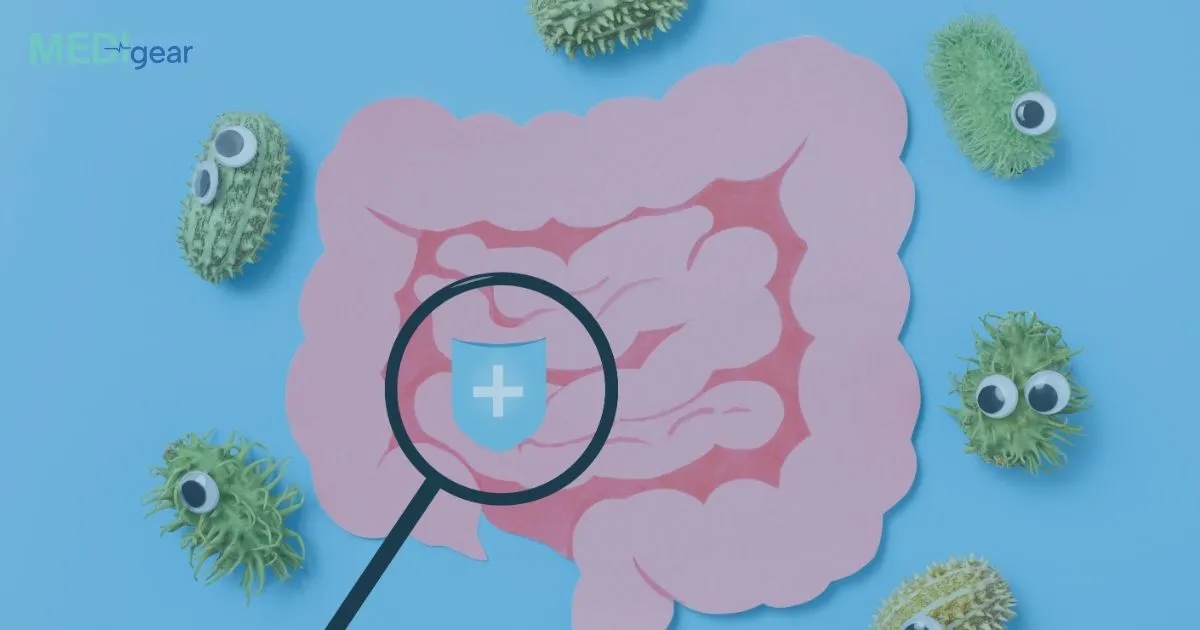Genetic disorders arise from abnormalities in an individual’s DNA, ranging from single-gene mutations to complex chromosomal changes. Early detection of these conditions is critical for accurate diagnosis, effective treatment planning, and genetic counseling. Molecular diagnostic machines have become essential tools in modern medicine, offering precise, rapid, and reliable insights into genetic health.
What Are Molecular Diagnostic Machines?
Molecular diagnostic machines are advanced laboratory instruments designed to analyze DNA, RNA, or proteins at the molecular level. Using techniques such as Polymerase Chain Reaction (PCR), Next-Generation Sequencing (NGS), and microarray analysis, these machines can identify genetic variations, mutations, or markers associated with inherited and acquired disorders.
How They Detect Genetic Disorders
- DNA and RNA Analysis
These machines extract and amplify genetic material from patient samples, making it possible to identify mutations or gene deletions linked to specific conditions. - Mutation Screening
Molecular diagnostics can detect single nucleotide polymorphisms (SNPs) and point mutations that may cause disorders such as cystic fibrosis, sickle cell anemia, or muscular dystrophy. - Chromosomal Abnormalities
Using sequencing and microarray technologies, molecular diagnostic machines can identify duplications, deletions, or translocations associated with syndromes like Down syndrome or Turner syndrome. - Carrier Testing and Prenatal Screening
These systems help determine whether individuals carry genetic mutations that may be passed on to their children and can screen for abnormalities during pregnancy. - Personalized Medicine
By identifying genetic mutations, molecular diagnostics also guide treatment strategies, particularly for cancers and rare genetic conditions.
Benefits of Molecular Diagnostic Machines
- Provide highly accurate and early diagnosis of genetic disorders
- Enable personalized treatment and targeted therapies
- Support family planning through carrier and prenatal testing
- Reduce uncertainty in complex cases by pinpointing exact mutations
- Offer rapid turnaround times compared to conventional methods
Why They Matter
Molecular diagnostic machines bridge the gap between genetics and clinical care. By uncovering the molecular causes of disease, they empower physicians to deliver precise, individualized care and give patients and families the knowledge needed to make informed health decisions.
Disclaimer: This blog post is for informational purposes only and does not constitute medical advice. Patients should consult a qualified healthcare professional or genetic counselor for diagnosis and treatment of genetic disorders.






